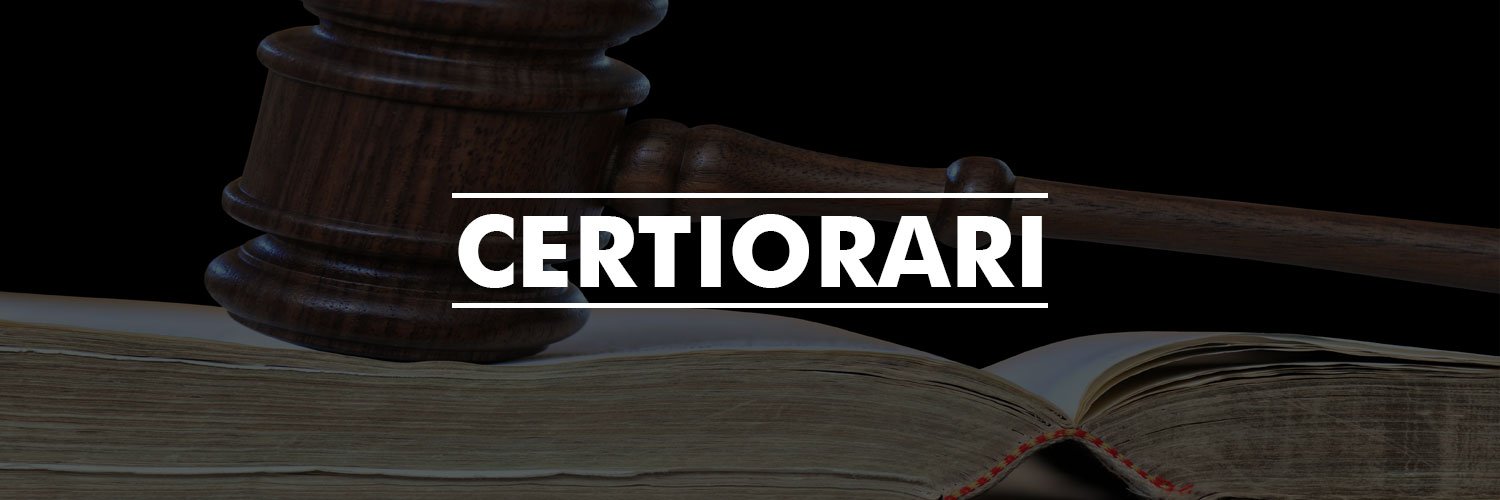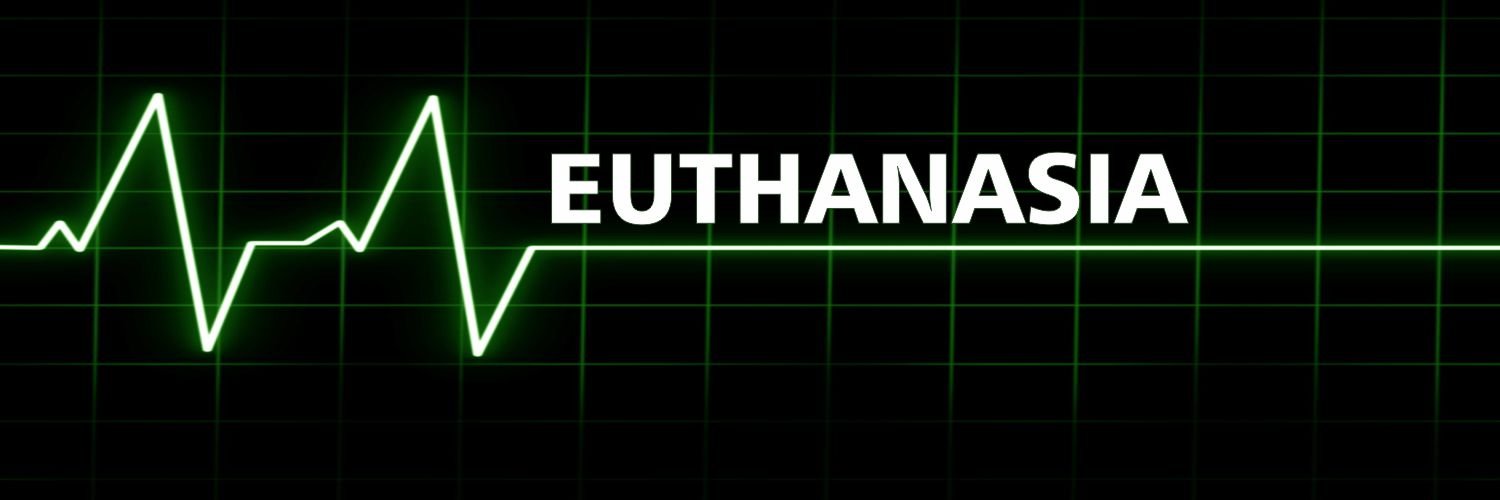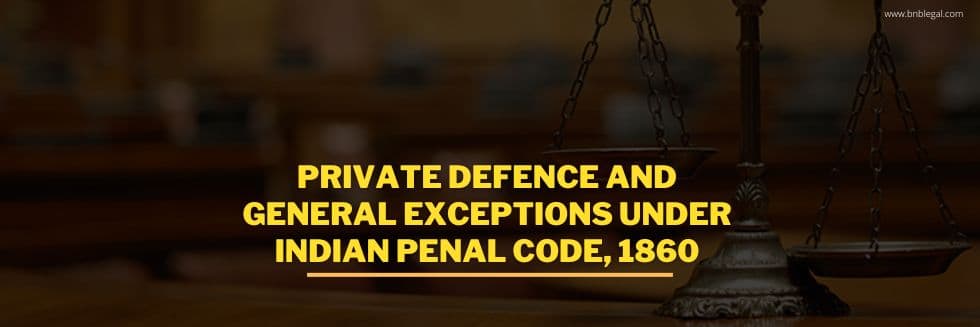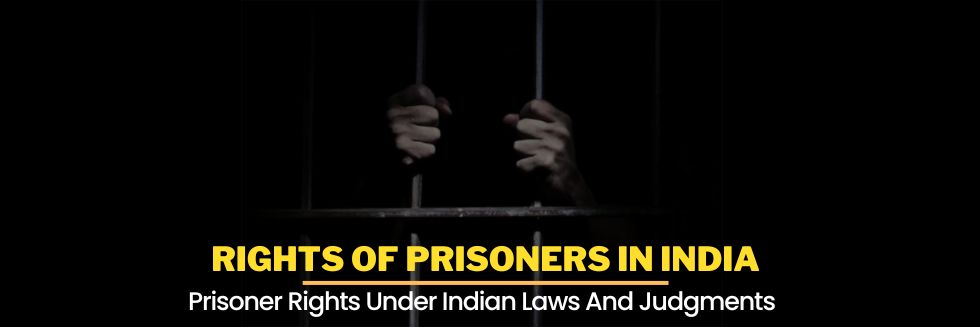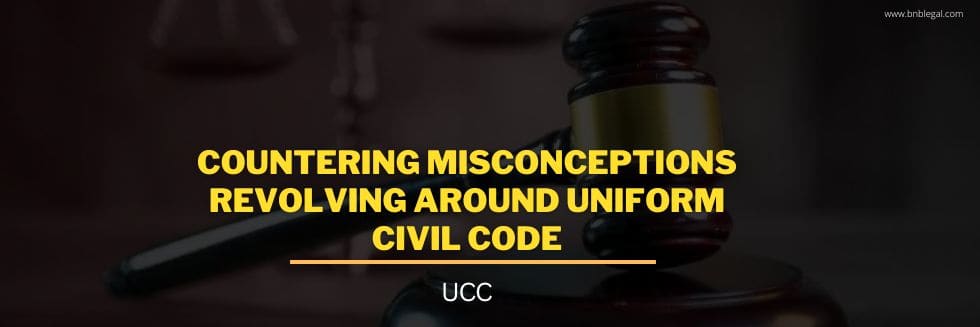A writ is a quick remedy against injustice, a device for the protection of the rights of citizens against any encroachment by the governmental authority. In India, the power to issue writs has been vested in the Supreme Court and the high courts. It is an extraordinary remedy which is issued in special circumstances only.
WRIT OF CERTIORARI
‘Certiorari’ is a Latin word meaning ‘to inform’ or ‘to certify’. ‘Certiorari’ may be defined as a judicial order operating in personam and made in the original legal proceedings, directed to any constitutional, statutory or non-statutory body or person, requiring the records of any action to be certified by the court and dealt with according to law.
The writ of certiorari may be issued whenever any body of persons having the legal authority to determine questions affecting the rights of the subjects, acts in excess of their legal authority. It lies against an authority having the duty to act judicially. Thus, certiorari is a form of curative writ.
It can be issued against constitutional bodies such as the legislature, executive and judiciary or their officers, statutory and non-statutory bodies like corporations, companies and cooperative societies and private bodies and persons. The purpose of certiorari is negative as well as positive.
It is a judicial order to transfer the records of proceedings pending with the subordinate court, to the superior courts, for scrutiny and to decide the legality and validity of the order passed by them.
By way of Certiorari, the court quashes or declares invalid a decision taken by the concerned authority. Originally it was introduced as a means of supervisory jurisdiction but then it was extended to all authorities who conduct similar functions.
GROUNDS OF ISSUE OF WRIT OF CERTIORARI:
- Lack of jurisdiction- or the authority declining jurisdiction where it legally belongs to it- When the authority has no jurisdiction to take action or it is improperly constituted, it is lack of jurisdiction. When the authority acts without jurisdiction or fails to exercise the vested jurisdiction, there involves a defect of jurisdiction or power.
- excess of jurisdiction- A jurisdictional fact is that fact or facts upon which an authority’s power to act depends. In the absence of such facts an authority cannot exercise jurisdiction over a dispute and decide it. Assumption of the existence of jurisdictional facts is wrong in itself and a decision based on such assumption is liable to be quashed.
- abuse of jurisdiction- When the authority exercises its power for inappropriate design, it is an abuse of jurisdiction. Likewise, if the decision is made in bad faith or by ignoring relevant points and facts or based on some other considerations, there is an abuse of jurisdiction.
- violation of the principles of natural justice- When there is a violation of the principle of natural justice, a writ of certiorari can be issued. An authority is bound to observe the principles of natural justice. Anyone who decides a case must adhere to the minimum standards of natural justice.
- error of law apparent on the face of the record- An error is apparent on the face of record if it is self-evident. i.e. if the error can be ascertained by a mere perusal of the record without a detailed argument or further evidence. An error of law apparent on the face of the record is treated as an insult to the legal system. It includes not a mere error but a manifest error based on clear ignorance or disregard of the law, or on a wrong proposition of the law, or on clear inconsistency between facts and the law and the decision.
